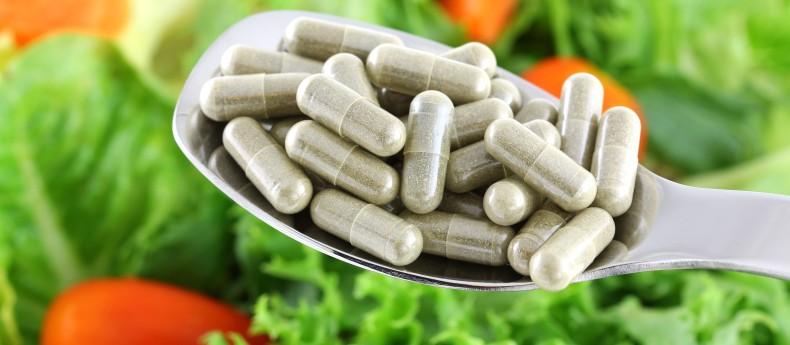
Probiotics—When Bacteria Become Friendly
You may have encountered more and more products that claim to promote gastrointestinal health because they contain “probiotics”. In reality, you probably just ate probiotics in your last cup of yogurt or drink. But do you really know what probiotics are? Why are they being promoted so much for general health? Is it necessary to take them every day?
The gastrointestinal tract and probiotics
You may be surprised to learn that probiotics are actually bacteria or yeasts. In fact, the Food and Agriculture Organization of the United Nations (FAO) defines probiotics as “live microorganisms, which, when administered in adequate amounts, confer a health benefit on the host.” So you may ask, why would anybody want to ingest live microorganisms? The reason is to maintain a healthy balance of the intestinal flora.
To better understand probiotics, let’s first learn more about the gastrointestinal tract. The human digestive system is home for more than 400 different types of bacteria. While many types of bacteria are associated with disease, some are actually beneficial and necessary to keep us from getting sick. These bacteria help the intestines stay healthy by reducing the growth of harmful bacteria, synthesizing vitamins and nutrients, and assisting in the digestion of food. Because of this, these microbes are often referred as “good bacteria,” or “probiotics” (originating from the Greek for “promoting life”). Maintaining the correct balance of good and bad bacteria is necessary to have a healthy digestive tract. However, conditions such as emotional stress, lack of sleep, and prolonged use of antibiotics can disturb the balance to favor bad bacteria, which can lead to illness. In order to restore this imbalance, probiotics are introduced into the gastrointestinal tract and help with the prevention of disease.
The pros and cons of probiotics
The most researched benefits of probiotics include promoting a healthy digestive system, strengthening the immune system, and reducing allergies. Probiotics help to maintain the integrity of the intestinal tract, which in turn runs more smoothly and filters out and eliminates harmful waste products from our system. Probiotics also keep the protective intestinal mucosal layers healthy, which provide an extra level of defense against invading pathogens and strengthens immunity. Having a good immune system also means that it’s more effective at identifying and fighting pathogens, rather than overreacting inappropriately, which leads to allergies. Due to the multifactorial benefits that probiotics confer, many studies are looking at the additional values of probiotics in treating diseases such as irritable bowel syndrome, Crohn’s disease, and ulcerative colitis; however, no unanimous recommendations have yet been decided upon.
Probiotics are generally considered safe, as they are already present in a normal digestive system. However, probiotics can pose risks in people with compromised immune system or serious illness. In addition, similar to vitamin supplements, probiotics are not regulated by the American Food and Drug Administration (FDA) the way standard medications are, which means that the companies that package probiotics don’t have to prove that the ingredients listed on the label are actually in the bottle. Be sure to only get probiotics from a reliable source, with the ingredients clearly labeled.
Do I need to take probiotics?
You may already be consuming probiotics in many fermented dairy products such as yogurts and cheeses. The need for additional probiotics intake depends on each individual’s conditions. You should consult your primary care provider before taking probiotics on your own.
References
http://www.gastro.org/patient-center/diet-medications/probiotics
http://www.usprobiotics.org
Copyright United Family Healthcare 2018 All right reserved ICP 京ICP备13017554号-4



